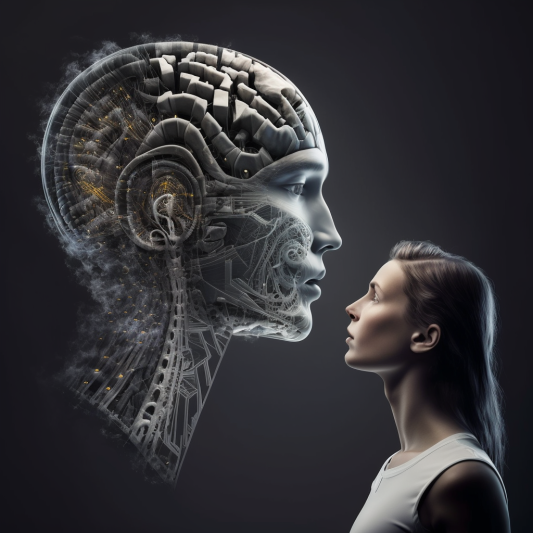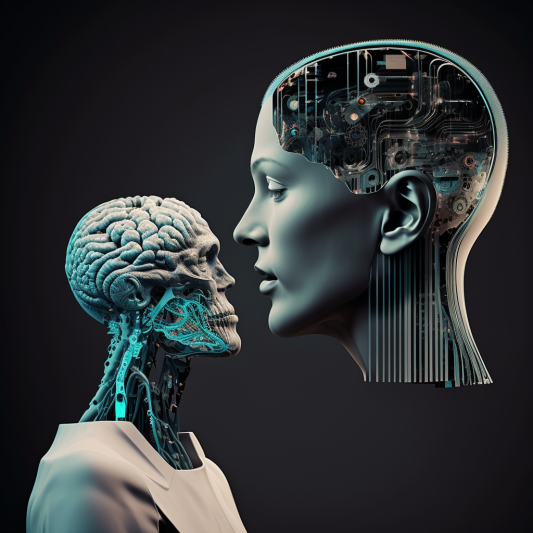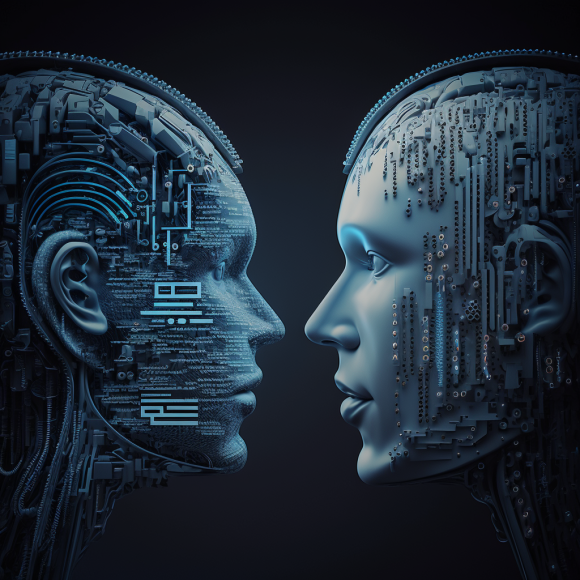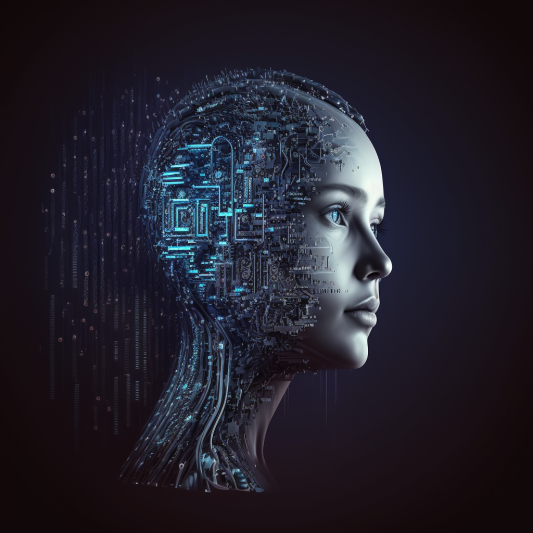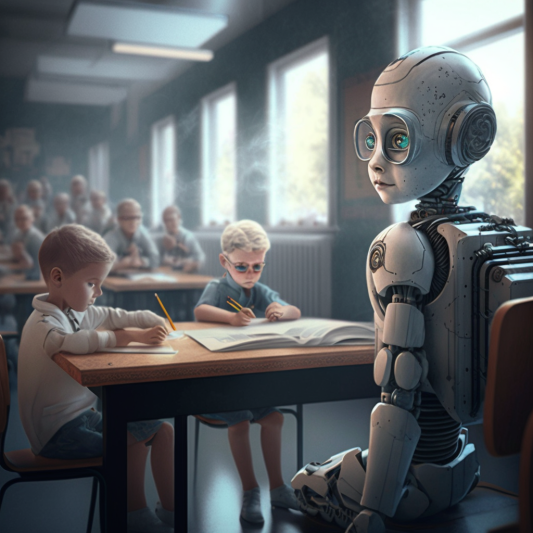The American job market is constantly evolving, with new opportunities emerging in some fields while others experience significant job losses. In recent years, we have seen some professions thrive while others have struggled to keep up with changing economic and technological trends.
Healthcare professionals, technology professionals, and financial professionals have been among the most sought-after careers in America due to their high salaries, job security, and opportunities for growth and advancement. These professions require specialized skills and education, and the demand for qualified professionals in these fields is expected to continue to grow in the coming years.

However, other professions have experienced significant layoffs and job losses due to a variety of factors. Retail workers, manufacturing workers, journalists, and hospitality workers have all experienced significant job losses due to changing economic and technological trends. The rise of online shopping has led to the closure of many brick-and-mortar retail stores, resulting in job losses for retail workers. The outsourcing of manufacturing jobs to other countries has led to job losses in the manufacturing sector in the United States. The decline of print media and the rise of online news sources has led to job losses for journalists and other media professionals. Finally, the COVID-19 pandemic has led to a significant downturn in the travel and tourism industry, resulting in job losses for hospitality workers.
The rise of AI (Artificial Intelligence) is expected to have a significant impact on the job market and the nature of work in many industries. While some jobs may be automated and eliminated, new opportunities will also arise as AI technology becomes more advanced and integrated into various fields. Healthcare professionals can use AI to help diagnose and treat patients, financial professionals can use AI to automate certain financial tasks, and technology professionals can use AI to analyze consumer behavior and improve marketing strategies.

It’s important for individuals to stay informed and adaptable to changes in their industry, as the impact of AI on top careers in America is likely to be complex and varied. While some professions may see an increase in demand for specialized skills and expertise, others may struggle to keep up with technological and economic changes. However, by remaining adaptable and open to new opportunities, individuals can position themselves for success in a constantly evolving job market.











